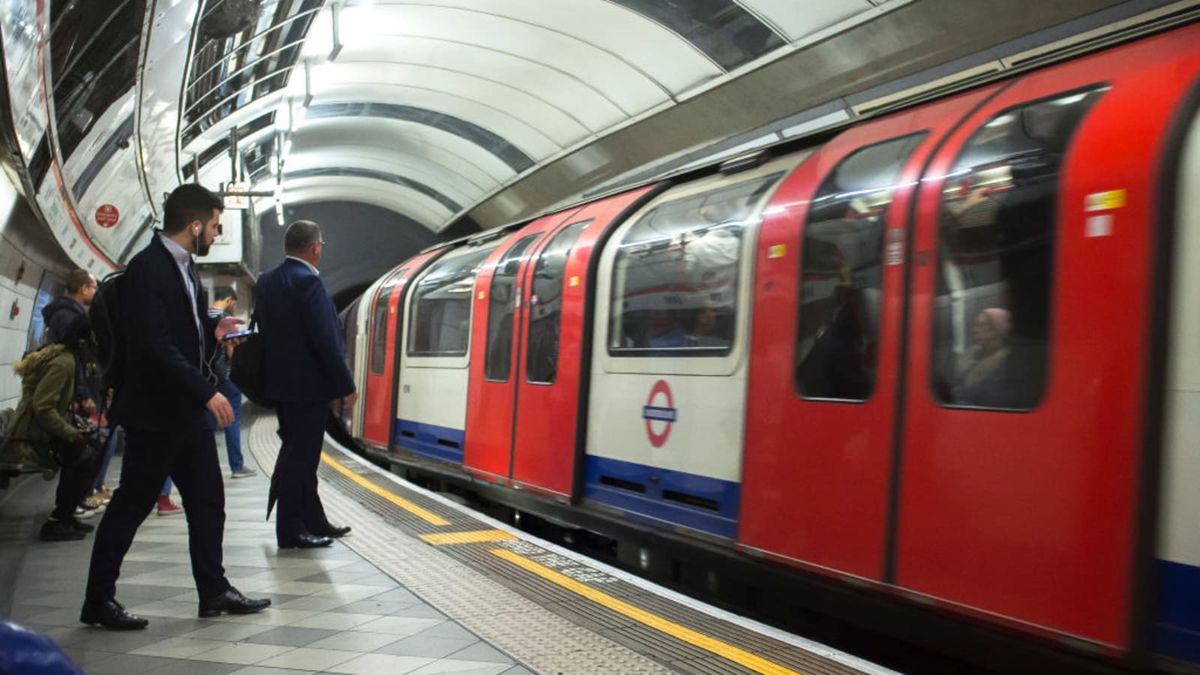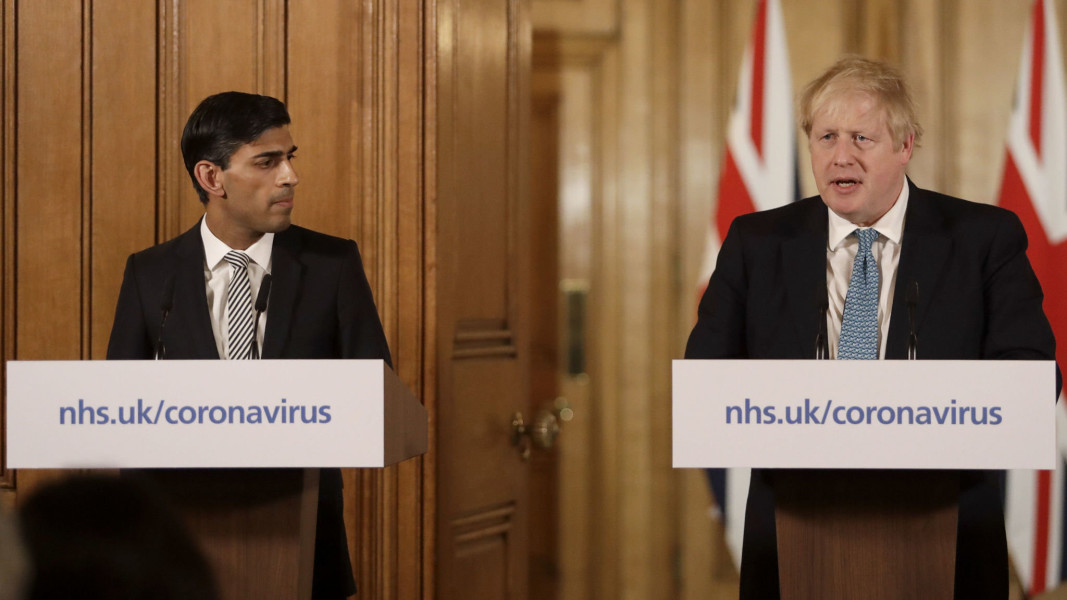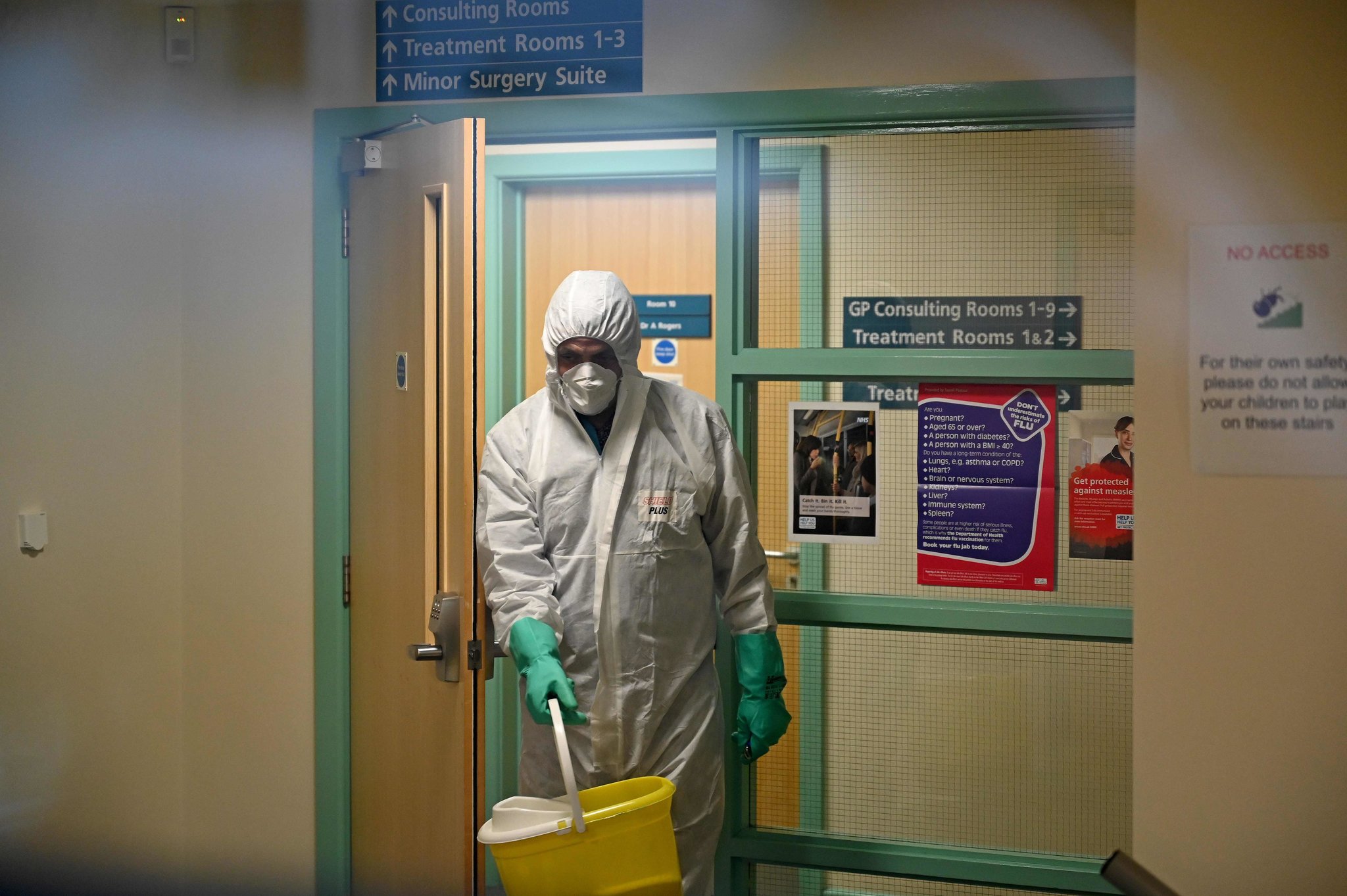Despite setbacks, UK aims to proceed with rollout of antibody tests

A few minutes every morning is all you need.
Stay up to date on the world's Headlines and Human Stories. It's fun, it's factual, it's fluff-free.
The government of the United Kingdom wants to implement widespread antibody testing to determine who has been exposed to the coronavirus to ascertain who can safely come out of quarantine.
An antibody test, also known as a serology test, looks at proteins in the blood called antibodies that leave behind evidence of whether the body has fought off the virus. This test is significant because many of those who have been exposed to the coronavirus have not shown any symptoms.
The UK purchased 2 million antibody test kits from a Chinese company for US$20 million. UK Prime Minister Boris Johnson has previously said that an antibody test would be “as simple as a pregnancy test” and has “the potential to be a total game changer.”
However, after the products were brought back to the UK and tested at a laboratory at the University of Oxford, they were found to give unreliable results. Some of those who had previously tested positive for the virus were getting negative results from the antibody test, when their results should have been positive.
While the tests were shown to be around 70% accurate, scientists cautioned that any test kits released to the public would have to be at least 95% accurate in order to be used to safely determine who could leave quarantine.
Now the UK is trying to get its money back from the manufacturer, though this hasn’t stopped the government from moving forward with the antibody testing plan.
This week, an official spokesman for the Prime Minister said that the government was in “constant dialogue” with other testing companies.
Expert warnings

Despite the UK’s determination to administer these tests, there is significant concern among experts on whether the tests would actually protect the population from the spread of the virus, even if shown to be highly accurate.
According to the World Health Organization (WHO), even if tests can successfully determine who has already had the virus, it is still unclear whether those individuals would be fully immune from contracting the virus again. In other words, scientists remain unsure whether it’s possible to get the coronavirus a second time.
“Right now, we have no evidence that the use of a serological test can show that an individual is immune or protected from reinfection,” said Dr. Maria Van Kerkhove, a high-ranking disease expert at the WHO, in a public conference on April 17.
Others have warned that any antibody tests released to the public must be accessible to everyone. Otherwise, a situation could result where only those with the means to get tested actually get tested, leaving millions of others in the dark.
“One can only begin to imagine the dramas that will unfold from putting a small amount of kits, relative to the population, into the hands of the public,” said Saul Khan, the executive director of Rapidward, a non-profit in Australia looking to sell antibody tests.
Big pharmaceutical companies gear up

In the UK, the Swiss pharmaceutical company Roche could be the next manufacturer the government utilizes to deliver antibody tests to the public.
Geoff Twist, the managing director of Roche Diagnostics in the UK and Ireland, says that the company is set to commence a “phased rollout” of the tests starting in mid-May. By June, they hope to have tens of millions of tests available for public use.
Other companies racing to produce accurate tests on a large scale include Abbott Laboratories in the United States and DiaSorin in Italy, among others. Working in what is reported to be a similar production window, Abbott hopes its antibody tests can reach the general public in the US by June.
“Our first phase was to roll this out to ensure that the frontline healthcare workers were tested and protected,” said Robert Ford, Abbott’s chief executive. Abbott has reportedly been shipping out 50,000 tests a day since April 1, but those have been aimed solely at testing healthcare workers.
[Then we will] “start to roll this out into a second phase where we’ll start to be able to test more of the general population,” Ford added.
Work in Progress
While big manufacturers are sending out positive signals, health experts in the US and the UK continue to heed warnings.
Some contend that the issue with being overly optimistic at this point is that these tests have yet to be scrutinized on a large scale.
Likewise, if personal immunity could be established, scientists are still unclear on whether others would be immune. Opening up a country when these questions remain unanswered could lead to further ethical dilemmas.
“You might have someone who believes they are seropositive [have been infected] and protected in a situation where they may be exposed and in fact they are susceptible to the disease,” said Dr. Michael Ryan, an infectious disease expert at the WHO.
Nonetheless, the UK and other countries around the world continue to hope that antibody tests will be able to be administered safely to the public before long.
Last month, the British drug manufacturer AstraZeneca and its rival GlaxoSmithKline opened a joint lab out of the University of Cambridge with the aim of testing for antibodies the right way.
For Mene Pangalos, the executive of the project, widespread and proper home testing is something that will take time.
“Everyone is overpromising at the moment,” he said. “I don’t want to overpromise.”
[article_ad]
Have a tip or story? Get in touch with our reporters here!
Sign up for daily news briefs from The Millennial Source here!




Comments ()